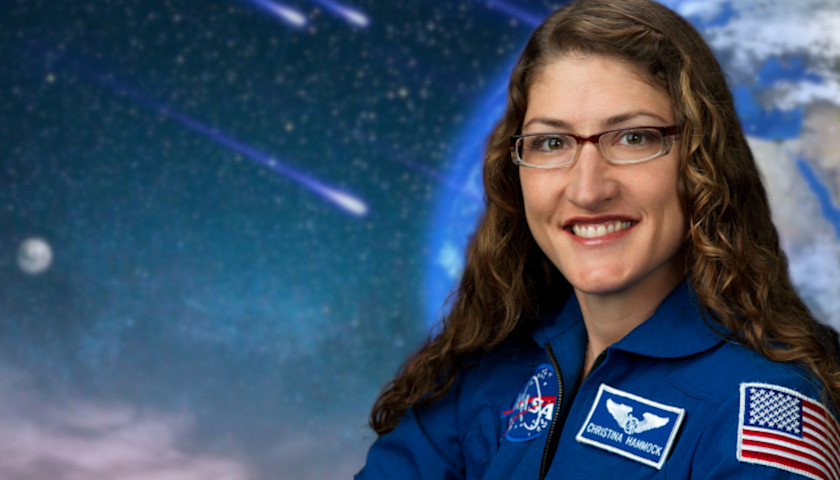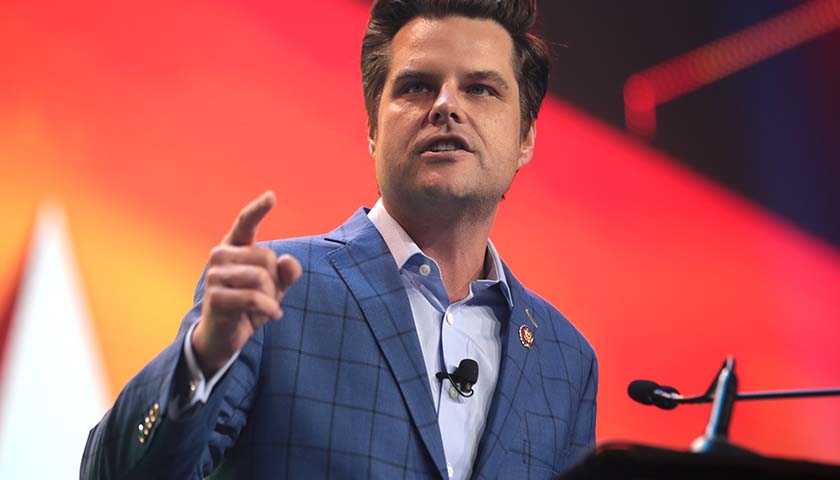A female astronaut is due to set a record for the longest spaceflight by a woman, the U.S. space agency said Wednesday, the same astronaut who was to have been in the first all-female spacewalk scrapped over lack of a right-sized spacesuit.
Astronaut Christina Koch, who completed the spacewalk with a man instead of a female colleague last month, will remain in orbit on board the International Space Station until February, the National Aeronautics and Space Administration (NASA) said.
Part of NASA’s study of the effects of long spaceflights on the human body, Koch will spend 328 days in space.
The 40-year-old astronaut has been in orbit since last month.
“One month down. Ten to go,” Koch wrote Wednesday on Twitter. “Privileged to contribute my best every single day of it.”
In late March, NASA canceled what would have been the first all-female spacewalk with Koch and astronaut Anne McClain due to a lack of a spacesuit in the right size for McClain.
The walk was would have occurred during the final week of Women’s History Month.
On board the orbiting space station, astronauts work on a range of experiments in biology, biotechnology, health, earth, space and other sciences.
The typical stay for astronauts is six months, NASA said.
“NASA is looking to build on what we have learned with additional astronauts in space for more than 250 days,” Jennifer Fogarty, a chief scientist for NASA’s Human Research Program, said in a statement.
Record holders
Astronaut Peggy Whitson holds the record for the longest single spaceflight by a woman, staying in orbit 288 days in 2016 and 2017, NASA said.
“It’s my honor to follow in Peggy’s footsteps,” Koch said in a video from the International Space Station, orbiting over 200 miles (322 km) above Earth.
Of the more than 500 people who have traveled to space, fewer than 11 percent have been women.
But Koch graduated from NASA’s 2013 class of astronauts that was 50 percent women.
The overall NASA record of 340 days, set in 2016, is held by astronaut Scott Kelly in an experiment to compare his physical and mental health to his identical twin Mark Kelly, who remained on Earth.




